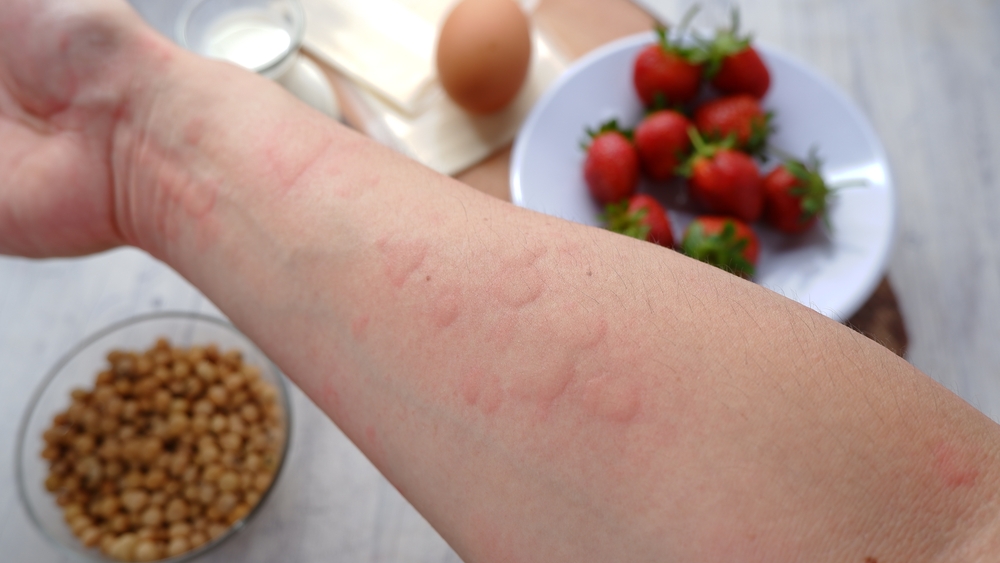Dupilumab (Dupixent, Sanofi and Regeneron) reduces itch and urticaria activity scores in patients with chronic spontaneous urticaria (CSU), a new study confirms.
In the confirmatory phase 3 study (LIBERTY-CUPID Study C), dupilumab met the primary and key secondary endpoints for the investigational treatment of patients with uncontrolled, biologic-naïve CSU receiving background therapy with antihistamines. Specifically, CSU patients taking dupilumab had a nearly 50% reduction in itch and urticaria activity scores compared to their counterparts who received placebo.
The study results confirm those seen in Study A, the first Phase 3 study of dupilumab in this setting. Earlier this year, Japan was the first country to approve and launch Dupixent for adult and adolescent CSU patients based on the results from Study A. Detailed results from the new study will be provided to the US Food and Drug Administration (FDA) in response to the additional data requested for inclusion in the supplemental biologics application for Dupixent in CSU.
“The positive pivotal data from this study reinforce the potential of Dupixent to offer a new treatment option for the many people suffering from chronic spontaneous urticaria who do not respond to standard-of-care antihistamines,” says Dietmar Berger, MD, PhD, Chief Medical Officer, Global Head of Development at Sanofi, in a news release. “With clinically meaningful reductions in itch and hives for patients receiving Dupixent, we look forward to sharing these data with the FDA to bring Dupixent to patients with CSU in the US as soon as possible. With Dupixent now treating 1 million patients across seven approved indications, these new results underscore there are still many more patients that Dupixent can potentially benefit.”
Study C enrolled 151 children and adults randomized to receive dupilumab (n=74) or placebo (n=77) added to standard-of-care histamine-1 (H1) antihistamines. At 24 weeks, efficacy among patients receiving Dupixent compared to placebo was as follows:
- 8.64-point reduction in itch severity from baseline with dupilumab versus a 6.10-point reduction with placebo
- 15.86-point reduction in urticaria activity (itch and hive) severity from baseline with Dupixent versus an 11.21-point reduction with placebo
Notably, 30% of dupilumab-treated patients reported no urticaria (complete response), compared to 18% of those on placebo.
The safety results were generally consistent with the known safety profile of dupilumab in its approved dermatological indications.
“With a nearly 50% reduction in itch and urticaria activity scores compared to placebo, these positive phase 3 results reaffirm the potential of Dupixent to bring relief and its well-established safety profile to those living with this chronic inflammatory skin disease,” says George D. Yancopoulos, MD, PhD, Board Co-Chair, President, and Chief Scientific Officer at Regeneron.
The new data are also planned for presentation at a forthcoming medical meeting.


